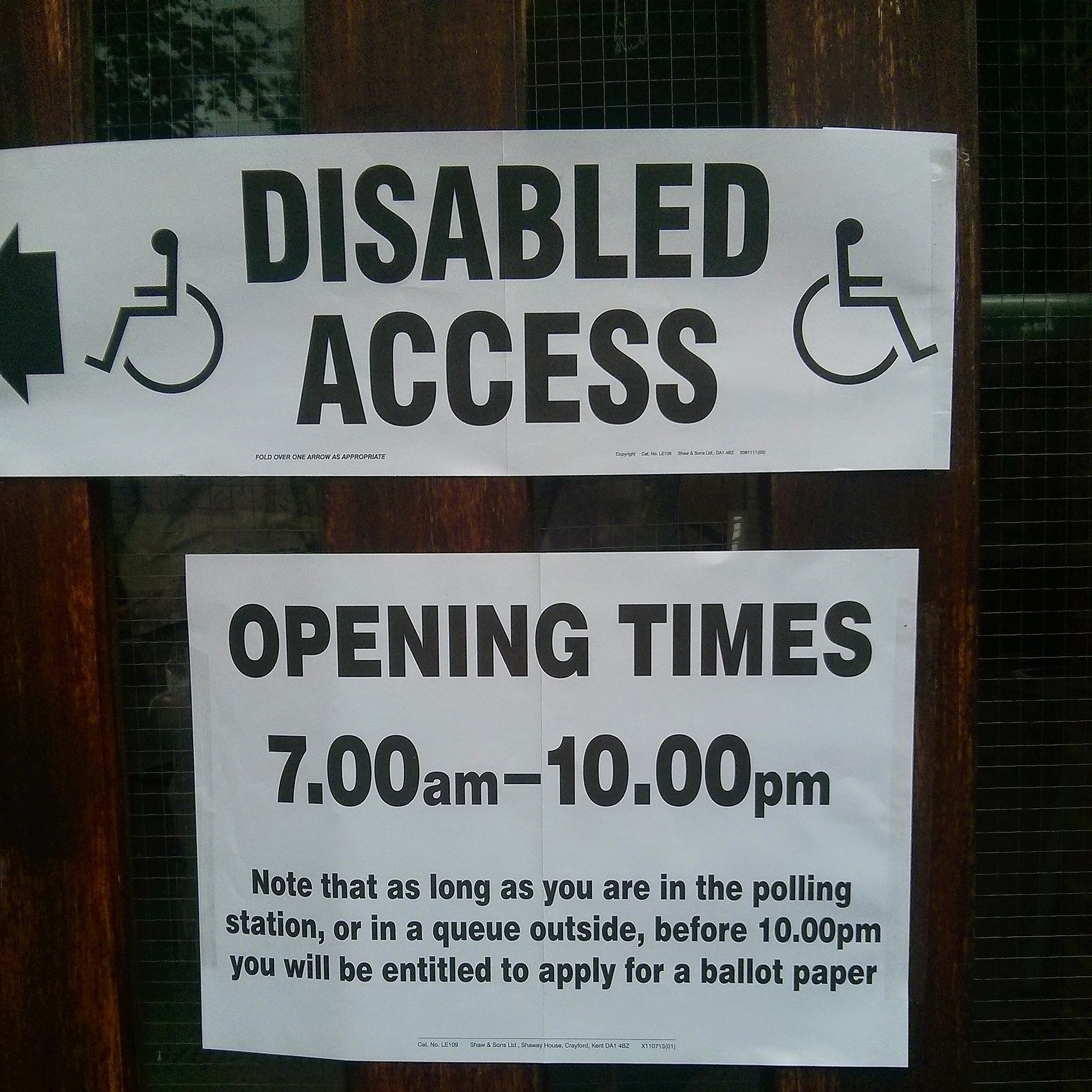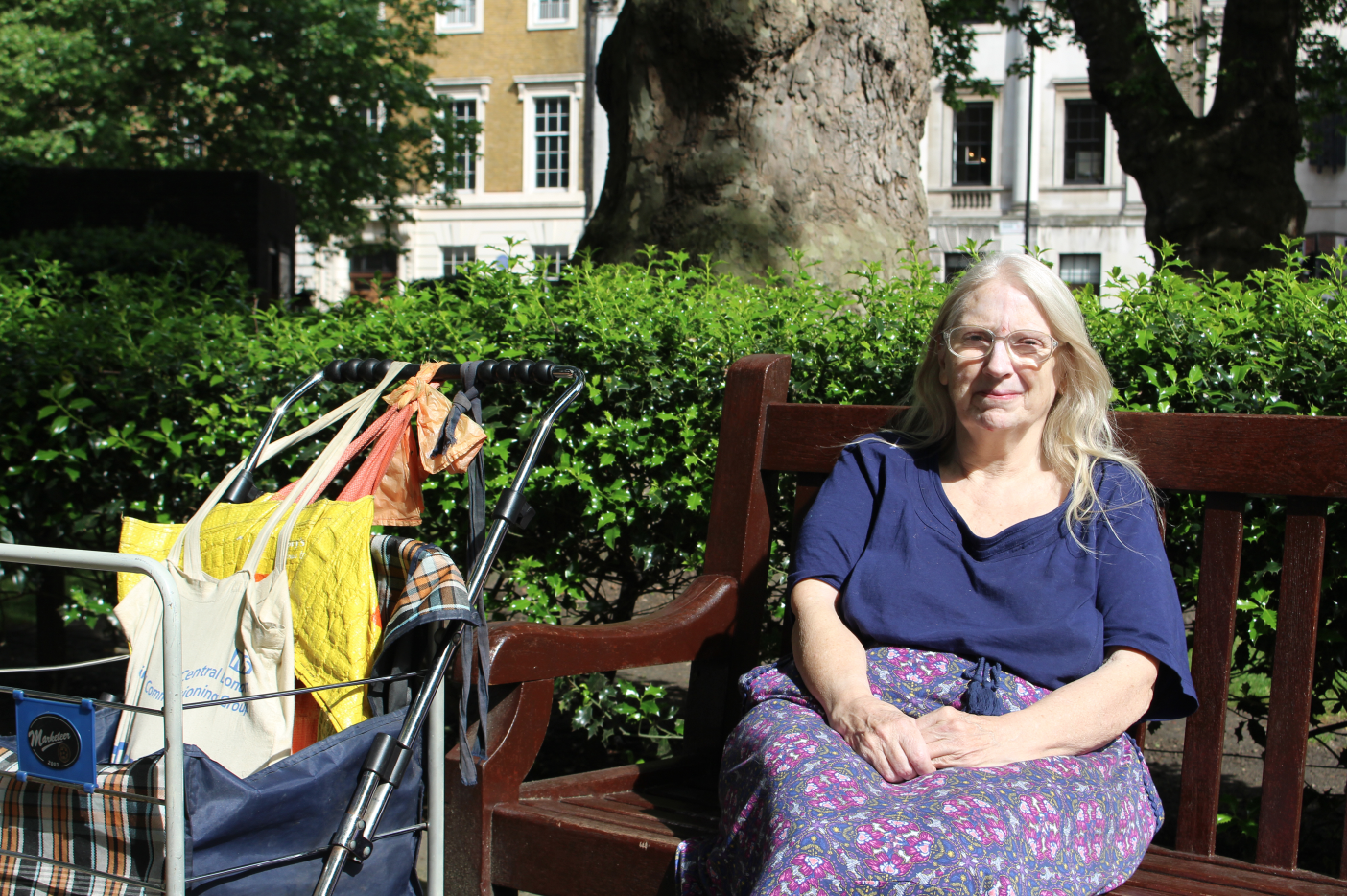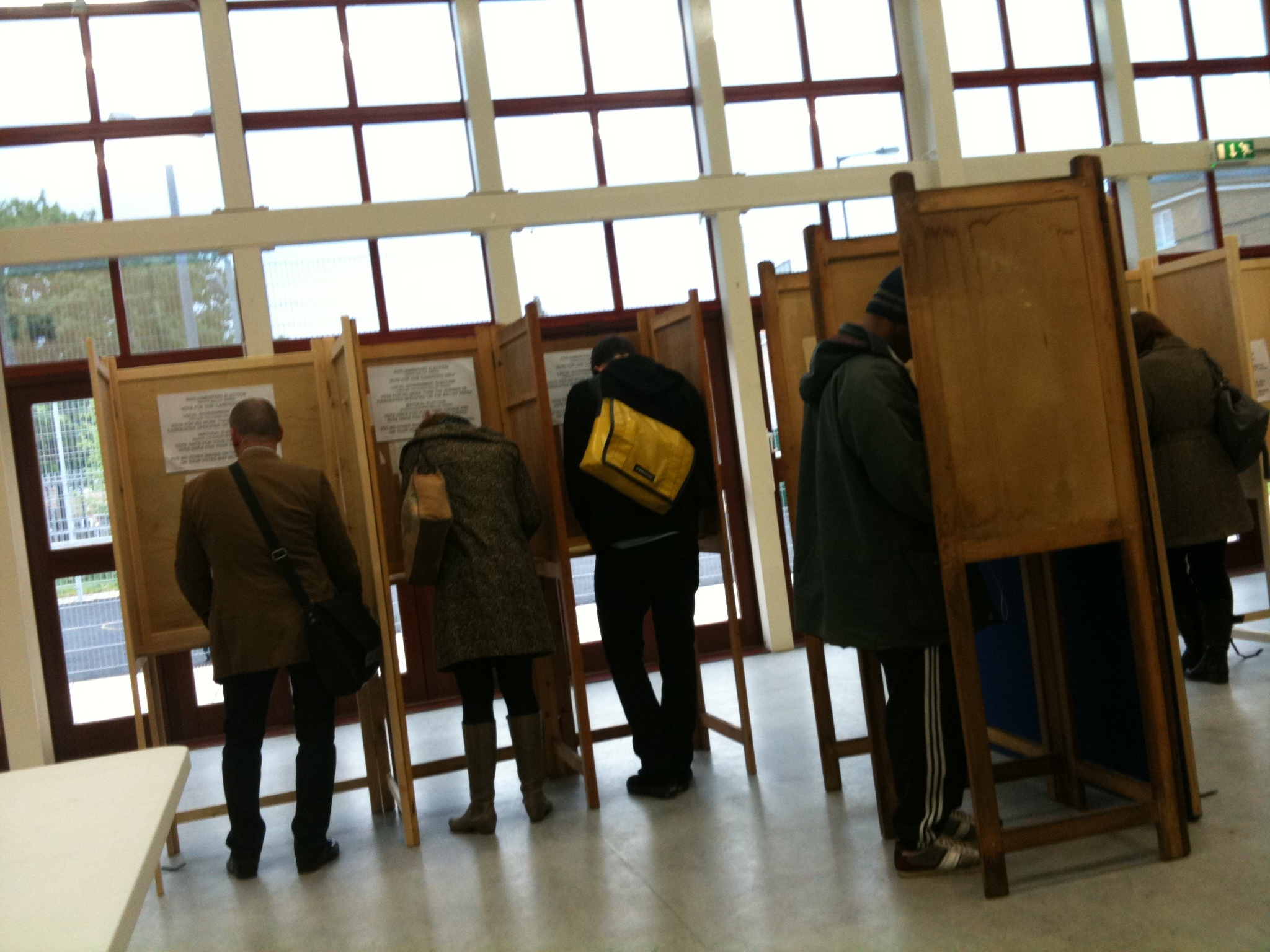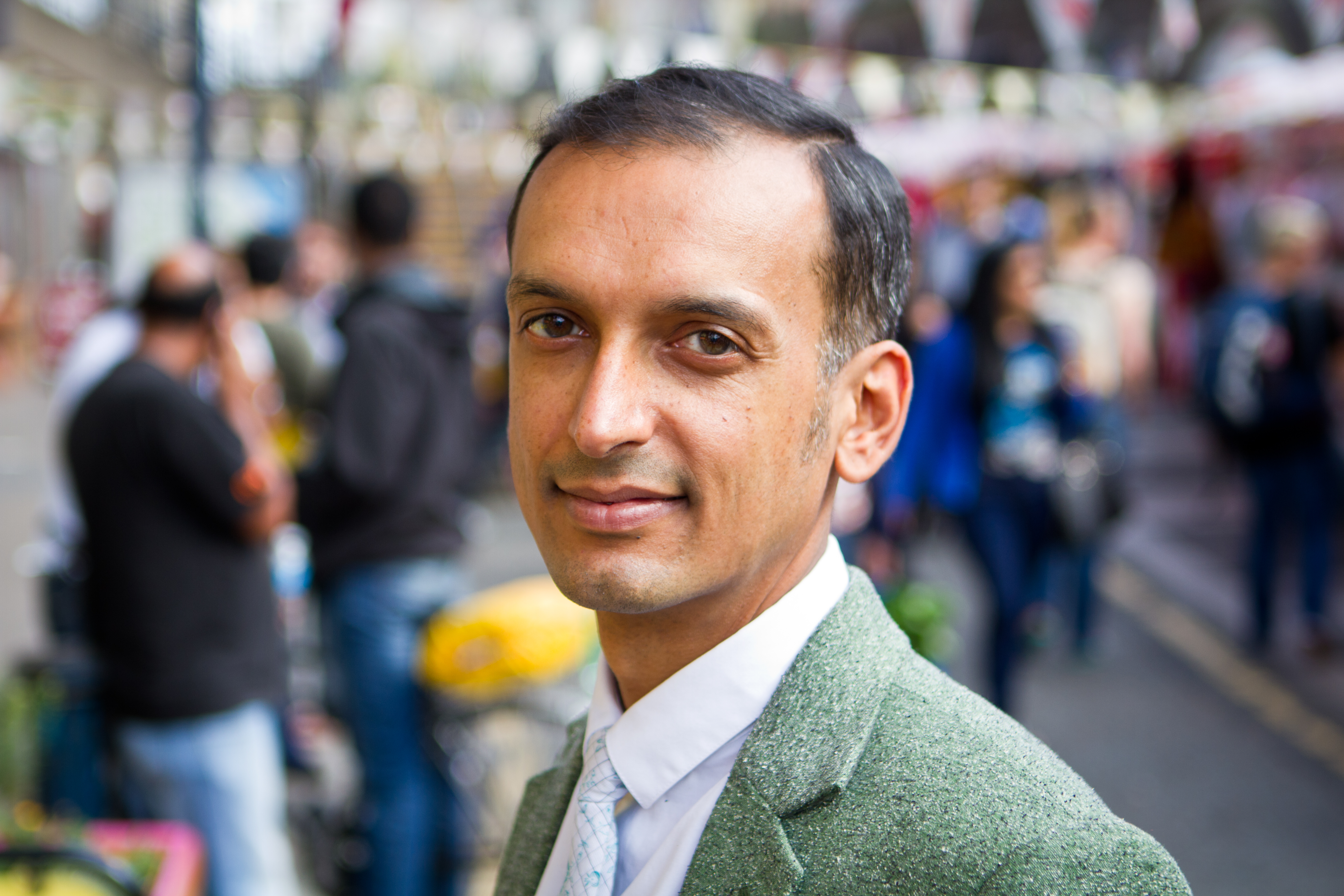The government has today announced a series of recommendations to make the electoral system more accessible for disabled people.
This follows the Cabinet Office launching a call for evidence in September 2017 inviting a range of people with disabilities, organisations supporting people living with disabilities (charities, NHS Trusts, sector bodies) and organisations involved in the delivery of elections (such as local authority election teams) to have their say.
The responses received were mainly from people with learning disabilities, people with lived experience of learning disabilities, wheelchair users, and people affected by sight loss.
The measures the government is considering include:
- How can it be made easier for people in care homes to participate in elections
- Issuing polling card information electronically, as well as by post, to assist people with sight loss
- Political parties ensuring their manifestos and information on candidates standing for election are more accessible
- Looking into support for voters with sight loss in polling stations
- Expanding the list of people who can support disabled voters at polling stations
- Improving information around postal voting and proxy voting so it’s more accessible to disabled people.
While the government has agreed to consider these recommendations to make voting easier for disabled people, no firm commitments on any specific actions have been made at this stage.
Ismail Kaji, Parliamentary Support Officer at Mencap and disability spokesperson, said:
If all the steps in this report are put into action then people with a learning disability will feel much more included and be able to get involved with the political system, which affects so much of our lives.
– Ismail Kaji, Parliamentary Support Officer at Mencap
Are Disabled People Being Denied The Right to Vote?

There are 14 million disabled people in Britain today. This constitutes around one in five people, so an accessible voting process is absolutely vital to ensuring that everyone can exercise their rights and contribute to a healthy functioning democracy.
The Electoral Commission, the independent body overseeing elections in the UK, published evidence in November 2017, revealing that many voters with disabilities had negative experiences and some were unable to cast their vote. This evidence was submitted to the Minister of Constitution and informed the new measures announced today.
At the time, Sir John Holmes, Chair of the Electoral Commission, said: “It is disappointing that we continue to hear about people with disabilities being unable to vote in secret, or even turned away from a polling station. This cannot be allowed to happen in our democracy. Voters with a disability should have access to the right support to ensure they can cast their vote with confidence.”
“Everybody’s got a vote, but not everybody can exercise their franchise.”
 Pandora, 72, believes, “It is essential if people are not to be deprived of their rights – voting should be all inclusive” Credit: Jem Collins
Pandora, 72, believes, “It is essential if people are not to be deprived of their rights – voting should be all inclusive” Credit: Jem Collins
Ahead of the general election in June 2017, RightsInfo spoke to Kieran, 27, and Adam, 41, who have lived experience of mental health issues, and Pandora, 72, who has a learning disability, about the realities of voting.
Pandora, said: “It is essential if people are not to be deprived of their rights – voting should be all inclusive. It’s important to be able to get into the polling station in the first place – they should all have automatic doors and step free access” she said.
“If someone uses Makaton, Sign Language or can’t see too well, there should be a trained person to help them. Plus there’s the fact that some people have dyslexia and quite a few people don’t have English as a first language, so it’s confusing. I can understand it but not everybody can. Everybody’s got a vote, but not everybody can exercise their franchise.”
It’s important to be able to get into the polling station in the first place – they should all have automatic doors and step free access.
Pandora, disability activist from Pimlico, London.
While these new recommendations are a positive step forward, much more needs to be done to enable one fifth of the population to exercise their fundamental right to vote.
Disabled people are also under-represented within Parliament. Following the general election of June 2017, just 1% of MPs – five out of 650 – self identified as disabled.
Last week RightsInfo reported that 49% of disabled people feel excluded from society. If implemented effectively, perhaps these new measures will begin to redress the sense of exclusion felt by many disabled people.







